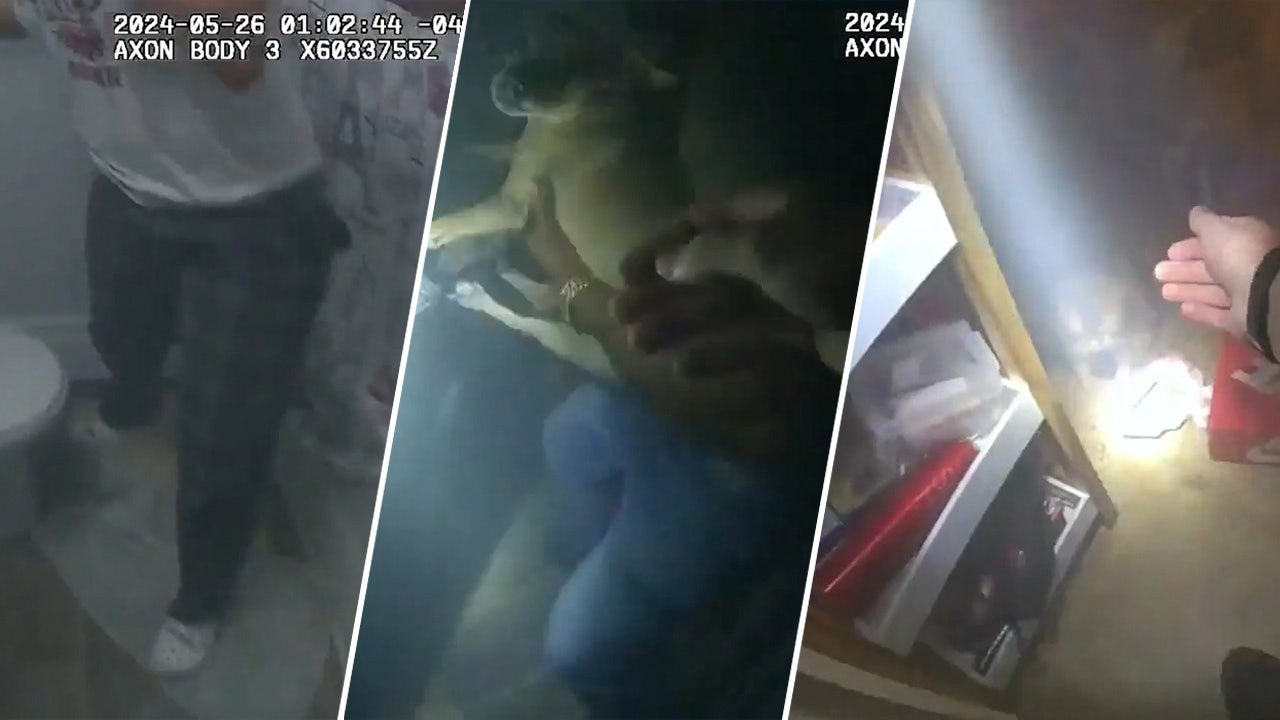“I just can’t think of anything,” my student said.
After 10 years of teaching college essay writing, I was familiar with this reply. For some reason, when you’re asked to recount an important experience from your life, it is common to forget everything that has ever happened to you. It’s a long-form version of the anxiety that takes hold at a corporate retreat when you’re invited to say “one interesting thing about yourself,” and you suddenly believe that you are the most boring person in the entire world. Once during a version of this icebreaker, a man volunteered that he had only one kidney, and I remember feeling incredibly jealous of him.
I tried to jog this student’s memory. What about his love of music? Or his experience learning English? Or that time on a summer camping trip when he and his friends had nearly drowned? “I don’t know,” he sighed. “That all seems kind of cliché.”
Applying to college has always been about standing out. When I teach college essay workshops and coach applicants one on one, I see my role as helping students to capture their voice and their way of processing the world, things that are, by definition, unique to each individual. Still, many of my students (and their parents) worry that as getting into college becomes increasingly competitive, this won’t be enough to set them apart.
Their anxiety in understandable. On Thursday, in a tradition known as “Ivy Day,” all eight Ivy League schools released their regular admission decisions. Top colleges often issue statements about how impressive (and competitive) their applicant pools were this cycle. The intention is to flatter accepted students and assuage rejected ones, but for those who have not yet applied to college, these statements reinforce the fear that there is an ever-expanding cohort of applicants with straight A’s and perfect SATs and harrowing camping trip stories all competing with one another for a vanishingly small number of spots.
This scarcity has led to a boom in the college consulting industry, now estimated to be a $2.9 billion business. In recent years, many of these advisers and companies have begun to promote the idea of personal branding — a way for teenagers to distinguish themselves by becoming as clear and memorable as a good tagline.
While this approach often leads to a strong application, students who brand themselves too early or too definitively risk missing out on the kind of exploration that will prepare them for adult life.
Like a corporate brand, the personal brand is meant to distill everything you stand for (honesty, integrity, high quality, low prices) into a cohesive identity that can be grasped at a glance. On its website, a college prep and advising company called Dallas Admissions explains the benefits of branding this way: “Each person is complex, yet admissions officers only have a small amount of time to spend learning about each prospective student. The smart student boils down key aspects of himself or herself into their personal ‘brand’ and sells that to the college admissions officer.”
Identifying the key aspects of yourself may seem like a lifelong project, but unfortunately, college applicants don’t have that kind of time. Online, there are dozens of lesson plans and seminars promising to walk students through the process of branding themselves in five to 10 easy steps. The majority begin with questions I would have found panic-inducing as a teenager, such as, “What is the story you want people to tell about you when you’re not in the room?”
Where I hoped others would describe me as “normal” or, in my wildest dreams, “cool,” today’s teenagers are expected to leave this exercise with labels like, Committed Athlete and Compassionate Leader or Environmentally Conscious Musician. Once students have a draft of their ideal self, they’re offered instructions for manifesting it (or at least, the appearance of it) in person and online. These range from common-sense tips (not posting illegal activity on social media) to more drastic recommendations (getting different friends).
It’s not just that these courses cut corners on self-discovery; it’s that they get the process backward. A personal brand is effective only if you can support it with action, so instead of finding their passion and values through experience, students are encouraged to select a passion as early as possible and then rack up the experience to substantiate it. Many college consultants suggest beginning to align your activities with your college ambitions by ninth grade, while the National Institute of Certified College Planners recommends students “talk with parents, guardians, and/or an academic adviser to create a clear plan for your education and career-related goals” in junior high.
The idea of a group of middle schoolers soberly mapping out their careers is both comical and depressing, but when I read student essays today, I can see that this advice is getting through. Over the past few years, I have been struck by how many high school seniors already have defined career goals as well as a C.V. of relevant extracurriculars to go with them. This widens the gap between wealthy students and those who lack the resources to secure a fancy research gig or start their own small business. (A shocking number of college applicants claim to have started a small business.) It also puts pressure on all students to define themselves at a moment when they are anxious to fit in and yet changing all the time.
In the world of branding, a word that appears again and again is “consistency.” If you are Charmin, that makes sense. People opening a roll of toilet paper do not want to be surprised. If you are a teenage human being, however, that is an unreasonable expectation. Changing one’s interests, opinions and presentation is a natural part of adolescence and an instructive one. I find that my students with scattershot résumés are often the most confident. They’re not afraid to push back against suggestions that ring false and will insist on revising their essay until it actually “feels like me.” On the other hand, many of my most accomplished students are so quick to accept feedback that I am wary of offering it, lest I become one more adult trying to shape them into an admission-worthy ideal.
I understand that for parents, prioritizing exploration can feel like a risky bet. Self-insight is hard to quantify and to communicate in a college application. When it comes to building a life, however, this kind of knowledge has more value than any accolade, and it cannot be generated through a brainstorming exercise in a six-step personal branding course online. To equip kids for the world, we need to provide them not just with opportunities for achievement, but with opportunities to fail, to learn, to wander and to change their minds.
In some ways, the college essay is a microcosm of modern adolescence. Depending on how you look at it, it’s either a forum for self-discovery or a high-stakes test you need to ace. I try to assure my students that it is the former. I tell them that it’s a chance to take stock of everything you’ve experienced and learned over the past 18 years and everything you have to offer as a result.
That can be a profound process. But to embark on it, students have to believe that colleges really want to see the person behind the brand. And they have to have the chance to know who that person is.






